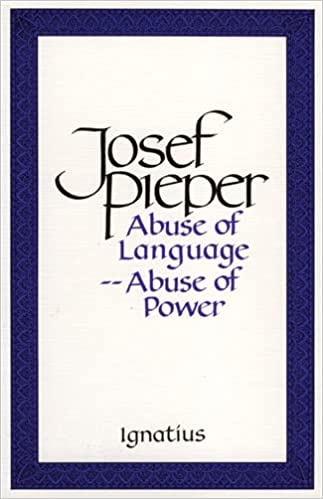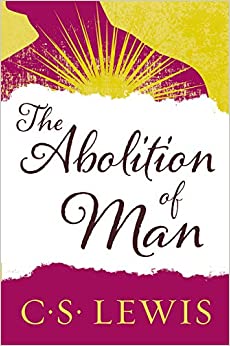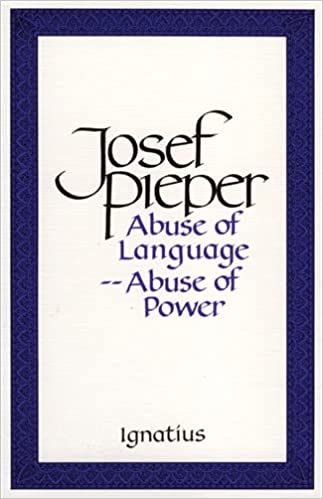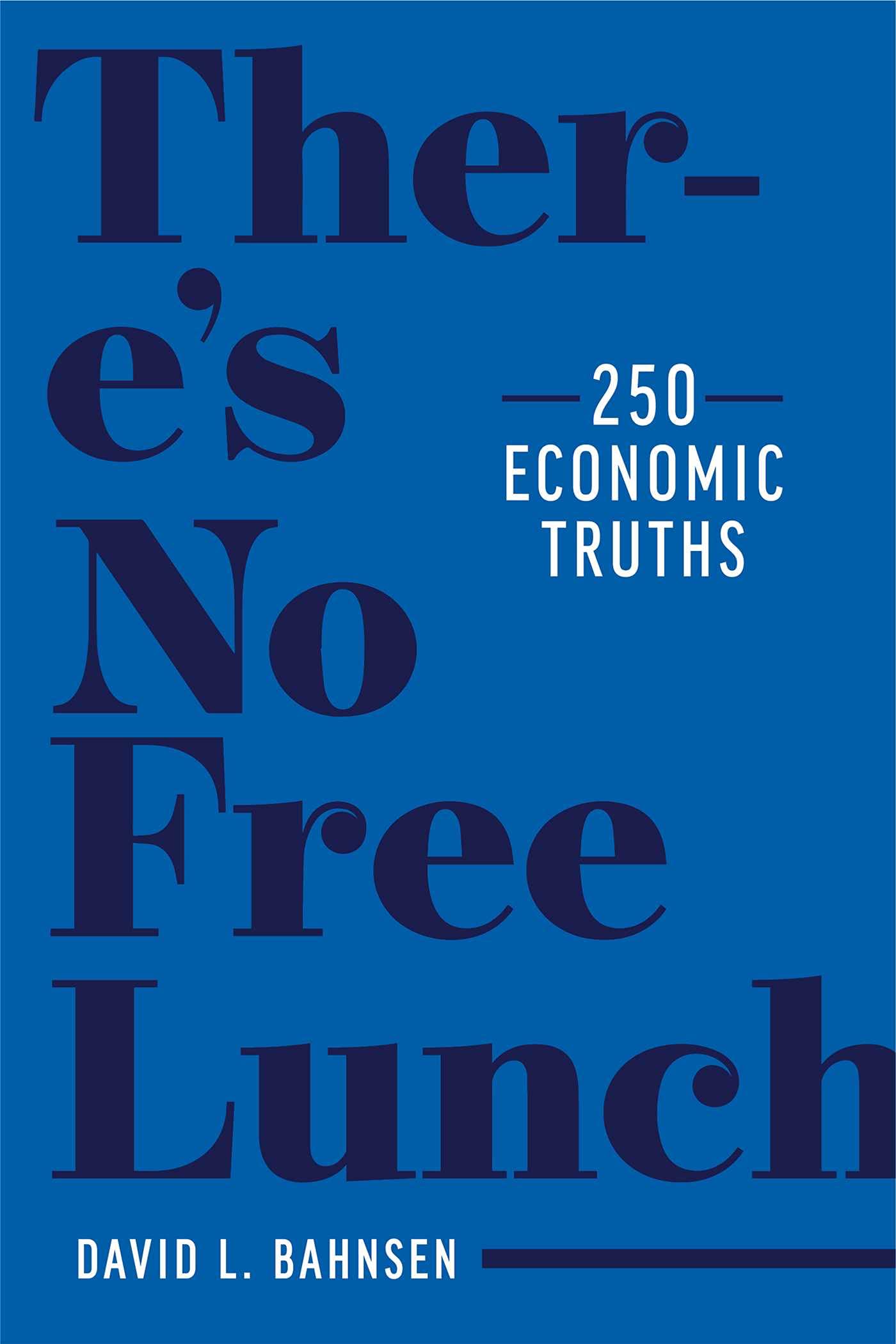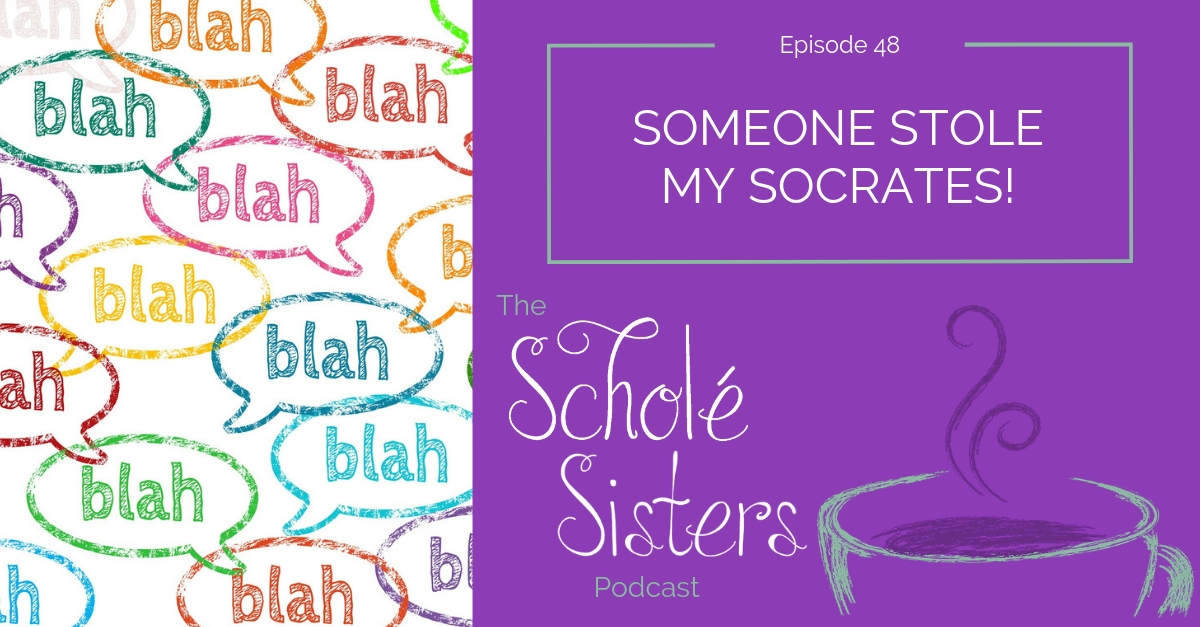SS #101: Tell Me What I Want to Hear (Flattery & Lies)
When anyone uses language without a strict regard for speaking truthfully and speaking to come to know and understand and communicate truth as best they can, language becomes a tool of control.
Listen to the podcast:
TUNE IN:
Apple Podcasts | Spotify | Stitcher
Flattery, Lies, and the Pursuit of Truth
Today’s Hosts and Source

Brandy Vencel
homeschools her kids in California and always brings up Charlotte Mason and Pilgrim’s Progress.

Mystie Winckler
homeschools her kids in Washington State (at the time of recording – now Idaho!) and likes her Chesterton as a drip, not a firehose.

Abby Wahl
homeschools her kids in Oregon and likes to use exercise metaphors for everything.
More of an essay than a book, Pieper’s “Abuse of Language, Abuse of Power” speaks as directly and clearly into our society today as it did to his twentieth century German audience.
“The abuse of political power is fundamentally connected with the sophistic abuse of the word, indeed finds in it the fertile soil in which to hide and grow and get ready, so much so that the latent potential of the totalitarian poison can be ascertained, as it were, by observing the symptom of the public abuse of language.”
Josef Pieper, Abuse of Language, Abuse of Power
Scholé Everyday: What We’re Reading
The Convivial Homeschool: Gospel Encouragement for Keeping Your Sanity While Living and Learning Alongside Your Kids, Mystie Winckler
Abby is reading the final product of Mystie’s book after helping her make it through the writing process in 2021.
What’s Wrong with the World, G.K. Chesterton
Mystie’s 2021 5×5 Philosophy category included some classic Chesterton. Check out Chesterton’s essay on domesticity here.
The Wood Beyond the World, William Morris
Brandy discovers that the artist and idealist William Morris also wrote a beautifully designed fantasy novel, complete with its own font.
Pilgrim’s Progress on Flattery
In Pilgrim’s Progress, Christian and Hopeful are captured by the Flatterer. Remember: they had been warned by the shepherds to beware of him, but they fell into the trap anyway!
Flatterer persuades them off the straight and narrow path by using language to conceal the truth and confused them so much that they were trapped in a net far from the path.
Hopeful reminds them all that they would have known better than to listen to the Flatterer if they’d been reading the Book.
Flatterer’s smooth and good-sounding words disguised his true nature.
Words have two purposes
First, words convey reality. The point of communication is to share, reach, understand, and teach reality.
Pieper maintains that lying is a corruption of communication, not actually communication. It is a violation of language rather than another use for it.
Second, words are interpersonal. They have importance and use between people, not in and of themselves or for themselves. Their purpose is fulfilled when spoken between people as equal, valuable conversation partners in dialogue. Words are a tool for love.
Jargon creates a breakdown in communication for anyone not in the inner circle. If the listener doesn’t understand what you’re saying, that is on you the speaker. As the speaker, your job is to share reality.
Because you are not interested in reality, you are unable to converse.
Josef Pieper, Abuse of Language
Dialogue v. Monologue (and social media)
Dialogue is interpersonal communication. It recognizes the nature of language is to communicate between people, taking the people involved into account.
Monologue is a speaker concerned only for himself – his reputation, his agenda – rather than reality.
Academia is supposed to be the home for a pursuit of truth, but because it’s become a place for personal agendas and prestige, the name itself indicates an obscuring of truth rather than a pursuit of truth. Academia does not communicate in a way that honors by clear communication its audience.
Social media, also, is a place for monologues. Monologues in a large group is not community. Even the comments section becomes simply a place where everyone has a chance to have a monologue moment rather than a place where dialogue actually happens.
Dialogue is disinterested, self-forgetful
The basis for true dialogue is not interest in self, but interest in reality. Dialogue is communication of multiple people, aimed at reality, at truth. As such, it rarely happens in public spaces today.
Dialogue has become a difficult and uncomfortable skill that many no longer even experience.
Warning Against Flattery
Flattery isn’t just saying something nice or giving an insincere compliment. It is a compliment – perhaps even true – that is given in order to obtain something else, done to manipulate the person or situation for personal purposes.
Flattery does not mean saying what the other likes to hear […] The decisive element is this: an ulterior motive.
Josef Pieper, Abuse of Language, p. 21-22
Flattery is demeaning because it is treating people not as equal, deserving dialogue partners but as means to your own ends. Even if the words appear to be building someone up, they are actually putting them down into a subservient position if the words are spoken to gain an advantage.
Do we even have any communication in the public sphere – or even private – today that is not flattery?
Marketing Manipulation
Advertising and marketing is often flattery – “communication” designed not to reveal truth and reality, but to manipulate behavior.
Much marketing today is based on affirming people’s weaknesses and even sins and vices, telling them what they want to hear.
Exchanging value through money doesn’t have to be demeaning. Monetary exchange can be a dignifying experience. But if either party is concerned for themselves alone and not for fair value exchange, there will be flattery and manipulation as each tries to get something out of the other.
Movies also are a form of marketing and manipulation, making weaknesses appear desirable.
Public Discourse
On pp. 30-31 Pieper explains how misuse of language causes public discourse to degenerate.
Public discourse, the moment it becomes basically neutralized with regard to a strict standard of truth, stands by its nature ready to serve as an instrument in the hands of any ruler to pursue all kinds of power schemes.
Josef Pieper, Abuse of Language, p. 30
If truth is not pursued and acknowledged as the goal and authority, there will be a power vacuum. A person will step in the be the arbiter of truth, the authority, you are not allowed to deviate from.
Dialogue requires each person to do the mental work themselves to discover truth. This takes patience for teachers and mothers because we need to give kids the space to process and come to know.
Real Socratic Dialogue
Sometimes having a direct answer to our question shortchanges our understanding of the truth because we don’t think it through like we should. Socratic questioning is the teacher prioritizing the process of coming to know and understand over the learner agreeing with himself.
As parents and teachers and conversationalists, we should be better at asking questions than we are about answering them if we’re wanting to pursue truth and clarity.
Wanting to be deceived
For the general public is being reduced to a state where people not only are unable to find out about the truth but also become unable even to search for the truth because they are satisfied with the deception and trickery that have determined their convictions, satisfied with a fictitious reality created by design through the abuse of language.
Josef Pieper, Abuse of Language
It’s not only laziness that prevents us from seeking the truth, but even the ones being flattered can get something out of the situation created by their own deception.
On not becoming cynics
The natural habitat of truth is found in interpersonal communication. Truth resides in language; in the word.
Josef Pieper, Abuse of Language
Have conversations, all the time. Do not isolate yourself.
Read widely and broadly and always start with Scripture.
Whenever any single group presents themselves as the only safe place for true answers, run.
Always be tease-able, be humble and keep the levity.
Stay grounded in reality: Eat dinner with your family. Stop thinking about yourself. Do something good for someone else. Go for a walk in nature.
Mentioned in the Episode
Listen to related episodes:
SS #138 – A little more conversation, please (with Andrew Zwerneman!!)
SS #69: Socratic Trialogue (with Renee Shepard!)
SS #48: Someone Stole My Socrates



